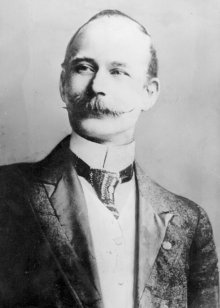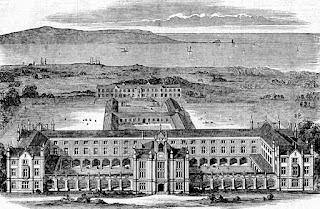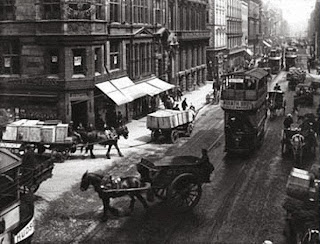In 1934 the driver of a motorcycle combination who had his leg amputated after a crash which killed his cousin was charged with manslaughter.
At 1030pm on 20th August that year Edward Fielding was driving the combination along Higher Road with his cousin Joseph riding pillion. Two passengers were in the sidecar. A head on collision occurred with a motor car near to the railway bridge. An ambulance was also sent for and all occupants of the combination were taken to Whiston Hospital. The driver and passenger of the motor vehicle were not injured.
At 2am Joseph succumbed to his injuries. Edward had his leg amputated, one sidecar passenger had a broken collar bone and the other suffered shock.
Edward remained in hospital for over a month and after being charged with manslaughter, appeared in court at Widnes on 14th November. The prosecutor said it was an unfortunate case, but one which the police had a duty to proceed with. Edward was described as driving recklessly on the wrong side of the road and there was no provision for more than one passenger in the sidecar. A witness who had seen the combination on Halebank Road told the court that all the occupants were shouting and singing.
The manslaughter charge was dismissed but Edward, a carter who lived in Claribel Street, Toxteth, was found guilty of dangerous driving. He was fined £5 and banned from driving for five years.

























